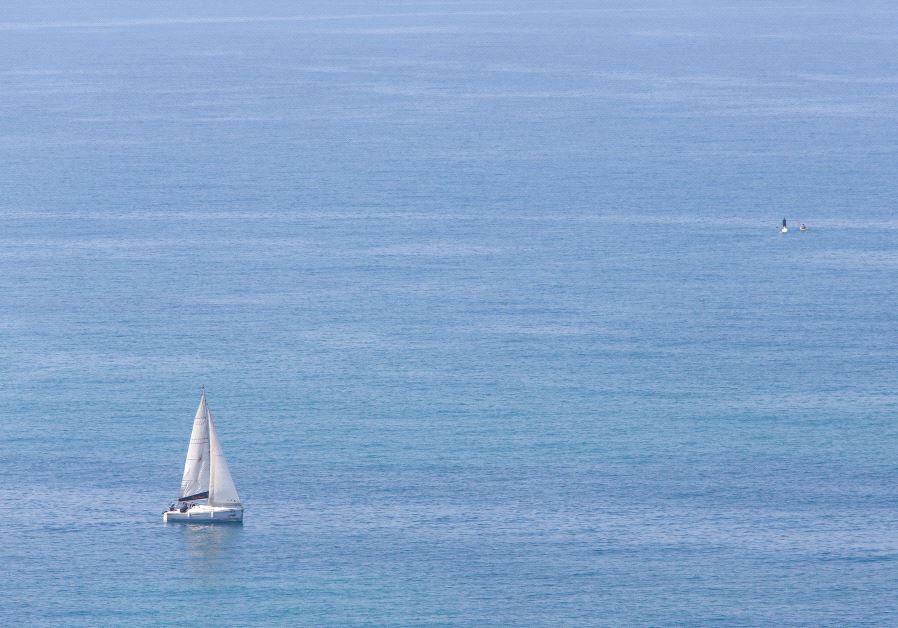Parashat Beshalah: The future that changes the past
Undoubtedly, there are many instances in which we would see the present differently if we only knew how the future would unfold further down the road.
 (photo credit: ILLUSTRATIVE: MARC ISRAEL SELLEM)Updated:
(photo credit: ILLUSTRATIVE: MARC ISRAEL SELLEM)Updated: